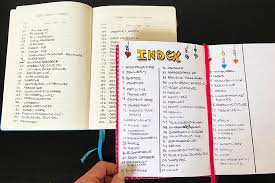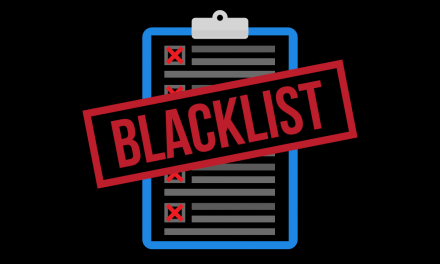Many families are facing a dull festive season after Delta Beverages confirmed that they will not be able to meet demand for soft drinks this year. It has been a difficult year in many ways for most people and since October, beer and soft drink supplies have been erratic. Retailers have resorted to stocking imported brands which are either too expensive or not favourable for various reasons. In most retail shops, customers are allowed to buy only two drinks per person while in others, those who buy other items for a certain amount qualify to buy drinks. This is an unfortunate breeding ground for corruption and bribery. However, for the beer lovers, the news is good. There will be enough supply of the “wise waters” throughout the festive season. Delta Beverages produces a variety of lager beers which include Castle Lite, Castle Lager, Zambezi and Golden Pilsner among others.
Delta Beverages Chief Executive Pearson Gowero advised journalists during a Harare plant tour last week that, despite some foreign currency having been released by the Reserve Bank of Zimbabwe (RBZ) for the importation of raw materials, the company would still not be able to meet demand. The foreign currency is not enough. This announcement alone may lead to massive hoarding as people stock up for Christmas and New Year holidays. Many Delta Beverages distribution depots around the country are already experiencing long winding queues as retailers jostle to stock up their shops in time for the festive season.
Pricing
Commenting on recent price increases of soft drinks effected by many retailers in the country, Gowero insisted that Delta Beverages have not increased their wholesale prices. This is due to the fact that they are accessing foreign currency from the RBZ. Perhaps, retailers are increasing prices to take advantage of the fact that there is so much demand for the products and supply is low. Even the price of imported soft drinks and beer have gone up. This may be justifiable since many small retailers get their foreign currency from the parallel market and are only passing on the cost to the consumer. Transportation costs have obviously gone up due to the recent fuel price increases and this is another cost driver in this industry.
Beer supply
“ As far as beer is concerned, we should be able to meet demand without too many problems,” said the Delta Beverages Chief Executive. Beer production mainly relies on barley, maize and malt , all of which are readily available locally. As such, not much foreign currency is needed in the production of beer. Beer prices are yet to normalise in most parts of the country though. Where shortages occur, beer lovers have relied on imported brands which are generally priced higher, unfortunately. Shortages of beer tend to lead to increased consumption of illicit and illegal drinks and drugs, like bronclear (bronco) and other dangerous home made brews.
Foreign currency requirements
Delta Beverages needs at least US $60 million to US $100 million per year for the importation of raw materials in order to satisfy current demand. The biggest foreign currency requirement is for concentrates which are procured from Swaziland. However, the RBZ allocations are inadequate and this means production will remain below demand. It has to be borne in mind that the RBZ also needs to allocate foreign currency for medicines and fuel purchases, both of which are critical areas in the country. Strategies to boost production in this and other industries need to be implemented so as to reduce overreliance on the RBZ for basic foreign currency requirements.
Issues like over-pricing are likely to self correct once supply exceeds demand. There will be no reason for hoarding or any other speculative behaviour which characterise many businesses today. This is not the only industry facing serious bottlenecks due to foreign currency shortages. There are many more. Other basic commodities like cooking oil and fuel may also be scarce during the upcoming holidays. No doubt, the government is looking at this situation closely and may just offer effective solutions to the problem before the festive season kicks off. Otherwise, we are in for another tough festive season.








